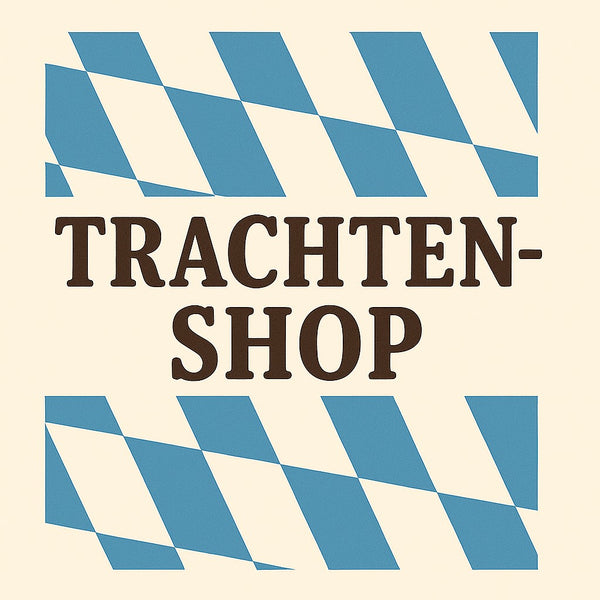Oktoberfest as a deep-rooted German tradition
Oktoberfest is undoubtedly one of Germany's most iconic festivals. Every year, millions of people travel to Munich to let the beer flow, don traditional lederhosen and dirndls, and toast the rich Bavarian culture. But behind all that festive cheer lies a fascinating history, deep-rooted traditions, and a significant cultural heritage that speaks volumes about German identity.
A historic celebration: the origins of Oktoberfest
The very first Oktoberfest took place in 1810, on the occasion of the wedding of Crown Prince Ludwig (later King Ludwig I of Bavaria) and Princess Therese of Saxony-Hildburghausen. The festivities were held on a field outside Munich's city walls, which later became known as Theresienwiese . Since then, the festival has become an annual event, except during periods of war or pandemics.
Bavarian tradition and German culture
Although Oktoberfest is primarily known as a beer festival, it's actually much more about tradition and culture. The atmosphere in the festival tents is one of Gemütlichkeit . A typically German word that's difficult to translate, but it symbolizes warmth, conviviality, and camaraderie.
From the traditional clothing like lederhosen and dirndls to the wooden tables, Bavarian folk music, and dance, every detail contributes to the authentic experience. Local breweries like Paulaner, Löwenbräu, and Augustiner serve specially brewed Oktoberfest beer, which is slightly stronger than regular beer and can only be produced in Munich.
The role of family and community
Oktoberfest is a family event. During the day, families gather, children enjoy the fairground rides, and traditional dishes like Hendl (roasted chicken), Schweinshaxe (pork knuckle), and pretzels are enjoyed. In the evening, the atmosphere slowly transforms into a vibrant party with beer steins, music, and dancing.
Oktoberfest and German identity
Oktoberfest reflects important values in German culture: discipline and precision in its organization, pride in local products, and a strong sense of community. For many Germans, it's a time to celebrate their roots and keep the rich Bavarian tradition alive. But Oktoberfest is also popular outside of Bavaria, with smaller versions in cities like Stuttgart, Hannover, and Berlin.
International influence of Oktoberfest
What once began as a royal wedding has grown into a global phenomenon. Oktoberfests are held annually in cities like Kitchener (Canada), Cincinnati (USA), and Blumenau (Brazil), often attracting tens of thousands of visitors. Yet Munich remains the beating heart of the festival, and people travel from all over the world to Germany to experience the original Oktoberfest.
Tourism and Economic Impact
Besides its cultural value, Oktoberfest also has a huge economic impact. In 2023, the event generated an estimated €1.2 billion. Hotels, restaurants, breweries, clothing stores, and transportation companies profit enormously from the festival. Sales of lederhosen and dirndls skyrocket around this time, and demand for traditional Bavarian products reaches a peak.
Conclusion
Oktoberfest is much more than a beer festival. It's a celebration of German tradition, Bavarian pride, and community spirit. In a world that's changing ever faster, Oktoberfest offers a moment of slowing down, connection, and appreciation for heritage. So the next time you raise a stein, remember: you're celebrating much more than just a drink. You're celebrating a piece of living history.

